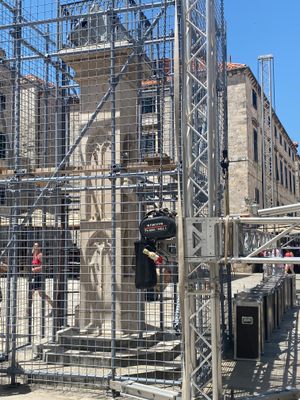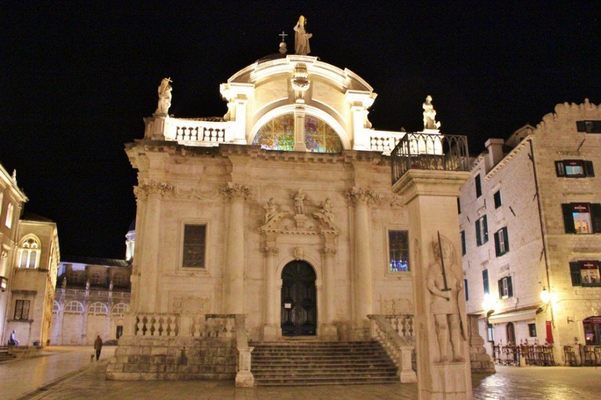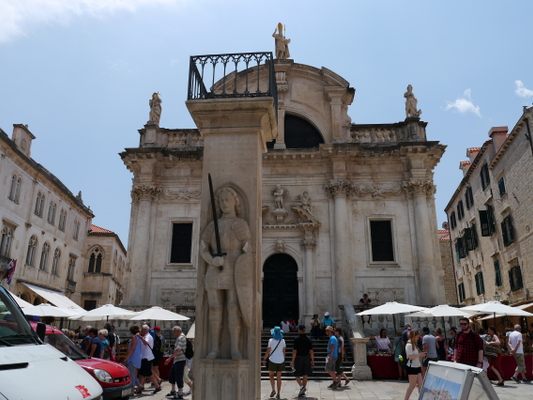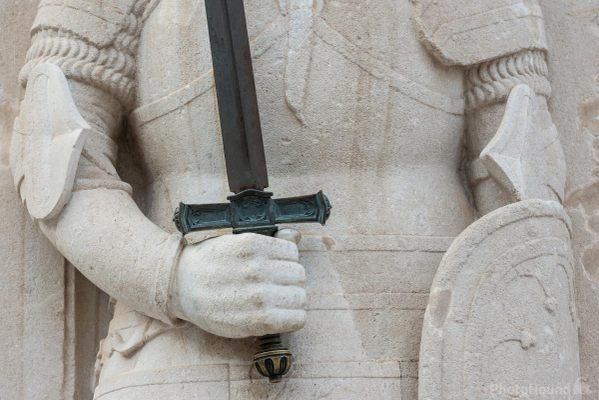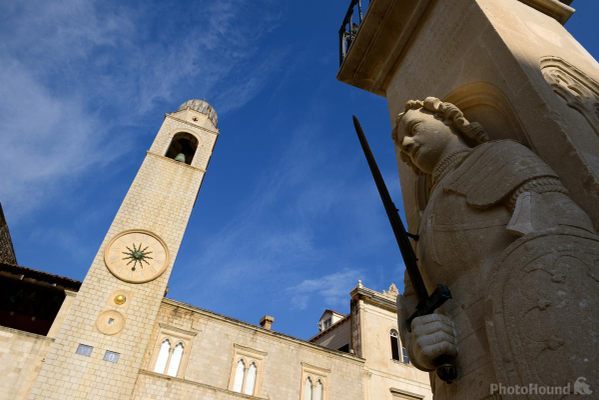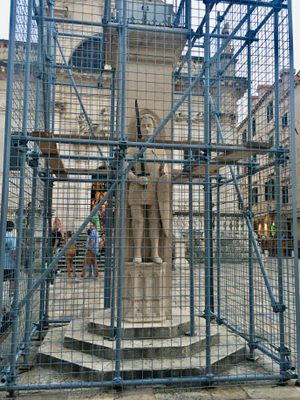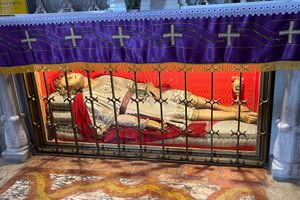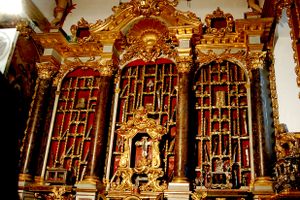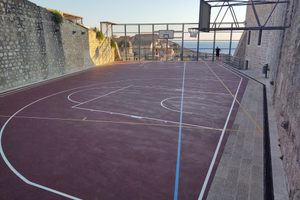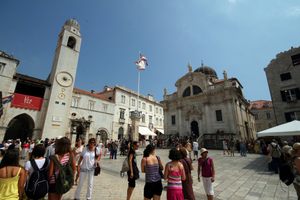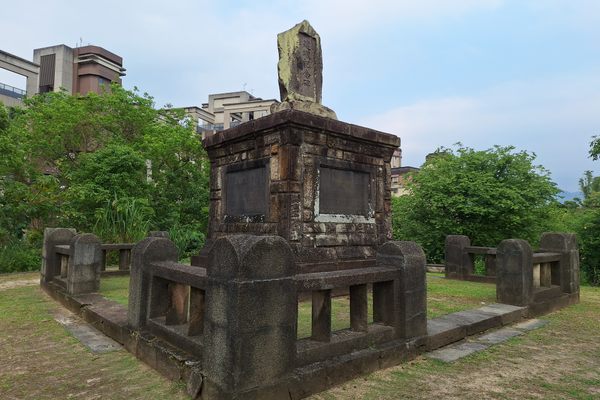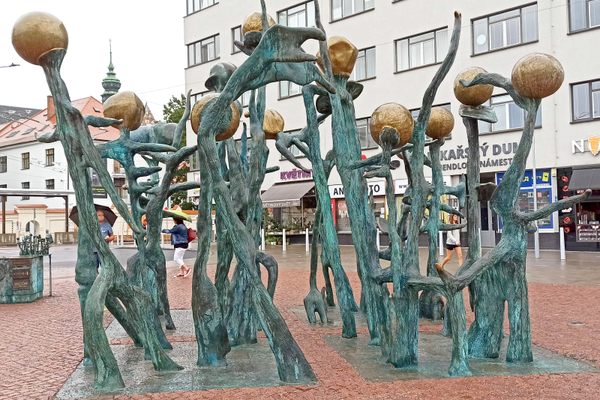About
Among famous knights, France's Roland is among the most legendary.
Roland was a knight in service of Emperor Charlemagne—the Frankish emperor who unified much of Europe under his rule—and the military governor of the Breton March when Charlemagne marched against the Bretons. Roland accompanied his master in a campaign against the Saracens (the Muslims of the Umayyad Caliphate) in Spain. That war did not go well for the Franks, and Charlemagne was forced to retreat. As Charlemagne's forces made their way back through the Pyrenees, the local Basque tribes, never firmly controlled by the Franks, rebelled again. They ambushed the Frankish army at Roncevaux Pass, a narrow, thickly forested gorge.
According to legend, Roland died protecting the rear of Emperor's army. Roland's fame grew after his death. He became one of the central figures in the Matter of France, a cycle of medieval poetry comparable to the Arthurian legends in Britain. As the years went by, Roland's legend spread all over continental Europe.
In Italy, he become Orlando, a main character of two masterpieces of renaissance poetry, Orlando innamorato (Orlando in Love) and Orlando furioso (Mad Orlando).
In the legends, Roland become the chief paladin of Emperor Charlemagne and his most trusted knight. And in the Late Middle Ages, he became a symbol of imperial authority over the local nobility. Gradually, so-called "Roland's columns" arose here and there, symbolizing the independence of free cities under the protection of an emperor—a protection pitted against that of local rulers. The first such column was erected in 1404 in Bremen.
In much the same way, Orlando's column in Dubrovnik was erected as a symbol of the city's sovereignty and freedom amid the hostile neighboring powers.
Orlando's column is situated in the main square of the old city, in front of the Saint Blaise Cathedral. It was erected in 1419, just as the Republic of Dubrovnik was entering its most illustrious phase in history.
Update as of June 2023: The column is covered for restoration indefinitely.
Related Tags
Balkans Road Trip: Serbia, Croatia & Bosnia and Herzegovina
Traverse the beauty and history of the Balkans through locals' stories.
Book NowCommunity Contributors
Added By
Published
May 10, 2010




